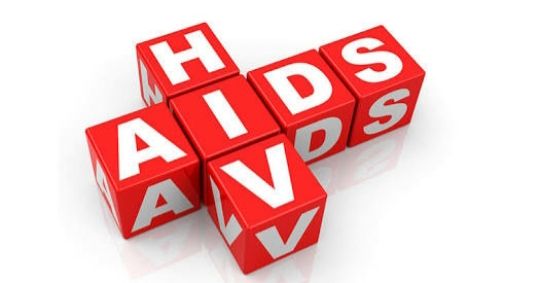Hiv/Aids Bill 2016: A Giant Step.
May 19, 2019 • 32 views

Parliament passed the HIV/AIDS Bill 2016 in this month. This bill sets some benchmarks in the direction of rights and healthcare of HIV/AIDS affected patients.
The Union Cabinet passed the HIV and AIDS (Prevention and Control) Bill, 2016. This comes after the government revived the bill to look into its flaws.The Bill was first introduced in Parliament by the UPA government in its last days in 2014 and aimed to make anti-retroviral treatment a legal right of HIV/AIDS patients.
What are the Provisions in the Bill.
The bill is considered to be an important step to address problems related HIV/ AIDS in India.
Here are some important provisions in the bill:
1. Anti- Retroviral Therapy.
The bill states that central and state governments are obliged to provide for anti-retroviral therapy (ART) and management of opportunistic infections. The opportunistic infections are infections that take advantage of weakness in the immune system and occur frequently.
2. Discrimination and confidentiality.
The bill forbids specific acts of discrimination by the state, or any other person, against HIV-positive people, or those living with such people. The protection from any kind of discrimination mandated in the Bill extends to the fields of healthcare services, employment, educational services, public facilities, holding public office, property rights, and insurance. The bill alsoprovides for confidentiality of HIV-related information and makes it mandatory to get informed consent for undertaking medical treatment, HIV tests, and research.
3. Ombudsman.
The HIV/AIDS Bill, 2016 includes the role of an ombudsman. The provision related to the ombudsman says an ombudsman shall be appointed by each state government to scrutinize the complaints pertaining to the violation of the Act and the provision of health care services.
The ombudsman is required to submit a report to the state government in every six months. In the report s/he will be stating the number and nature of complaints received, the actions were taken and orders passed.
4. Guardianship Provision
In this bill, the provisions related to guardianship are specified. A person between the age of 12 to 18 years who has sufficient maturity in managing and understanding the issues of his HIV or AIDS-affected family shall be competent to act as a guardian of another sibling below 18 years of age.
The guardianship will be applied in matters pertaining to admission to operating bank accounts, educational establishments, care and treatment, managing property, and amongst others.
5. Secrecy of Patient Record in legal cases.
The bill states that patient records are now required to adopt stringent data protection methods. In legal cases relating to HIV-positive persons shall be dealt in the court on a priority basis. In any legal proceeding, if an HIV affected or infected person is a party, the court may pass orders that the proceedings be conducted.
HIV in India.
The National AIDS Control Program in India is trying to prohibit cases of new infections as part of its target of ending the epidemic by 2030.
In India, testing is still not at 100 percent. Testing with high-risk groups is still having significant room for improved testing rates. The testing rate for female sex workers, it is at 72 percent, for gay males at about 70 percent and for drug users, it is at 71 percent.
Issues with the bill
An earlier version of the Bill stated the need to strengthen injection safety program as Injecting Drug Users (IDUs) can significantly lower their risk of getting and transmitting HIV, viral hepatitis and other blood bore infections by using a sterile needle for every injection. But, Clause 22 of the new Bill simply states the words ‘injection safety requirements’ without specifying the rules.
If a volunteer gives sterile needles and takes back used needles from a patient, he could be picked up for aiding and abetting unlawful use of drugs. Provision of sterile needles is seen as a crime and this Bill was expected to clarify the needles safety guidelines. What we have now instead clarified is completely open to interpretation.
The HIV community in India objected to the long awaited HIV/AIDS Bill in its present form and demanded a removal of the phrase “as far as possible” from the proposed legislation.
The commitment to authentically respond and communicate to the demands of HIV/AIDS affected people is a testimony to the unique effort in the history of law-making in India.In India, it is a fact that the vast majority of people affected by HIV come from relatively poor and marginalized communities. This exacerbates their disparities. The hope is that the bill will set the foundation for weeding out the prevalence of these conditions entirely from Indian soil. Apart from it, it should be hoped that implications of this bill will open the doors for the LGBTQI community so that they can also be properly analyzed and set free from any stigma and discrimination once this bill is in place.
